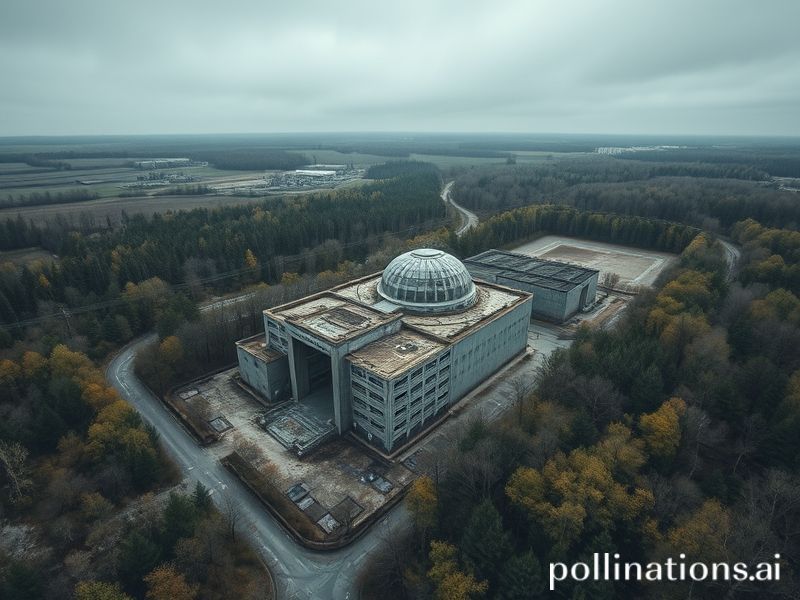Chernobyl: Why the Past is Literally Glowing in the Present
**Chernobyl: Why the Past is Literally Glowing in the Present**
Buckle up, internet denizens, because we’re about to dive into a topic that’s been trending harder than a TikTok dance challenge: Chernobyl. Yes, the nuclear disaster that occurred in 1986 is back in the spotlight, and it’s not just because of the HBO series that’s had us all binge-watching and questioning our life choices. So, why is Chernobyl suddenly everywhere? Let’s break it down.
**The Cultural Context: From Secrecy to Screens**
First off, let’s talk about the elephant in the room—the HBO miniseries “Chernobyl,” which has been the talk of the town (or should we say, the exclusion zone?). The series, directed by Johan Renck and written by Craig Mazin, has been praised for its gritty realism and unflinching portrayal of the events surrounding the disaster. It’s like a historical drama meets horror flick, minus the jump scares but with plenty of existential dread.
But why now? Well, the series dropped at a time when we’re all craving something intense and thought-provoking. In an era of endless streaming content, “Chernobyl” stands out like a sore thumb—or a glowing reactor core. It’s a reminder that sometimes, the most gripping stories are the ones based on real-life events.
**Social Impact: The Power of Collective Trauma**
Chernobyl isn’t just a historical event; it’s a cultural touchstone. The disaster had a profound impact on global consciousness, shaping our perceptions of nuclear power, government transparency, and environmental safety. The fact that it’s trending now speaks volumes about our collective fascination with disaster and our desire to understand the forces that shape our world.
Social media has played a huge role in keeping the conversation going. From memes to deep-dive analyses, the internet has been abuzz with Chernobyl-related content. It’s like the disaster has been given a second life, this time in the digital realm. And let’s not forget the countless documentaries, books, and articles that have been produced in the wake of the series, all contributing to the ongoing discourse.
**The Significance: Lessons from the Past**
But why should we care about Chernobyl now? Well, for starters, it’s a stark reminder of the consequences of human error and the dangers of unchecked power. The disaster was a result of a combination of factors, including design flaws, inadequate safety measures, and a culture of secrecy. It’s a cautionary tale that’s as relevant today as it was in 1986.
Moreover, Chernobyl has had a lasting impact on the environment and the people who lived in the affected areas. The exclusion zone around the reactor is a haunting reminder of the disaster, a place where nature has reclaimed the land in a bizarre twist of fate. The series has brought attention to the ongoing efforts to contain the disaster and the lives of those who continue to be affected by it.
**Conclusion: The Past is Never Dead**
In conclusion, Chernobyl is trending because it’s a story that refuses to be forgotten. It’s a tale of human error, government secrecy, and the enduring power of nature. The HBO series has brought the disaster back into the public consciousness, sparking a global conversation about its significance and relevance.
So, the next time you’re scrolling through your feed and see a Chernobyl-related post, take a moment to reflect on the lessons of the past. Because as the saying goes, “Those who cannot remember the past are condemned to repeat it.” And trust us, you don’t want to repeat Chernobyl.







